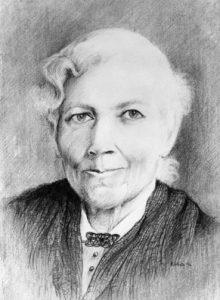
During the period of Early African-American Literature, the purpose behind authors’ works of literature was to expose the brutality of slavery, to demonstrate how slavery was bad for the dominant culture, to foster a positive race, and to exhibit what blacks did and how they could contribute to the American culture. Harriet Jacobs successfully accomplished these goals in her work Incidents in the Life of a Slave Girl. In this work of literature, Jacobs recognizes her own relative privilege. In her work she shows ways she exhibits agency in how she tries to make the situation better.
There are many ways she shows agency in the narrative. In her book, she portrays herself as a regular person in a terrible situation. Someone owned her and was making sexual advances, so Jacobs decided to make a romantic connection with another white man who didn’t own her: “A master may treat you as rudely as he pleases, and you dare not speak’ moreover, the wrong does not seem so great with an unmarried man, as with one who has a wife to be made unhappy” (930). She becomes involved with this other man just so her owner doesn’t have this power over her. This shows pride and self-reliance. Another part of the narrative that really shows agency was when she chooses to hide in an attic instead of her previous life as a slave. She was in the windowless garret for seven years out of choice: “Yet I would have chosen this, rather than my lot as a slave, though white people consider it an easy one; and it was so compared with the fate of others.” (934). She goes on to describe how great she had it compared to other slaves, and yet she still would choose to live in a small attic instead.
Towards the end of the narrative, she describes her freedom, and how she even aspires to own her own home. She still discusses her bitterness about the way she was freed; she wants to have the same opportunities that Americans can pursue, like owning her own home, or having a well-paid job. Even though she is a freed slave she still can’t provide for her children on her own, in a way she still feels like she owes something to someone. It’s not just about the freedom to her, it’s about what happens after the freedom.
Works Consulted:
Jacobs, Harriet. “Incidents in the Life of a Slave Girl” The Norton Anthology of American Literature Volume B: 1820-1865, edited by Julia Reidhead, W.W. Norton & Company, Inc., 2012. 920-942 Print.